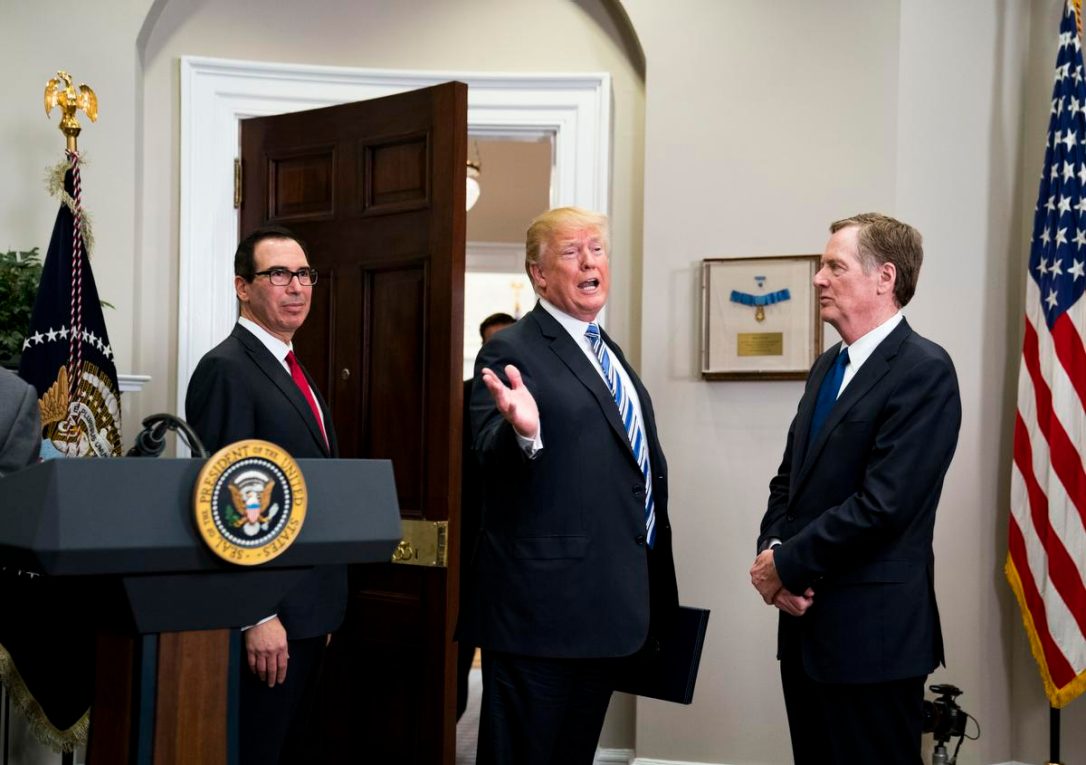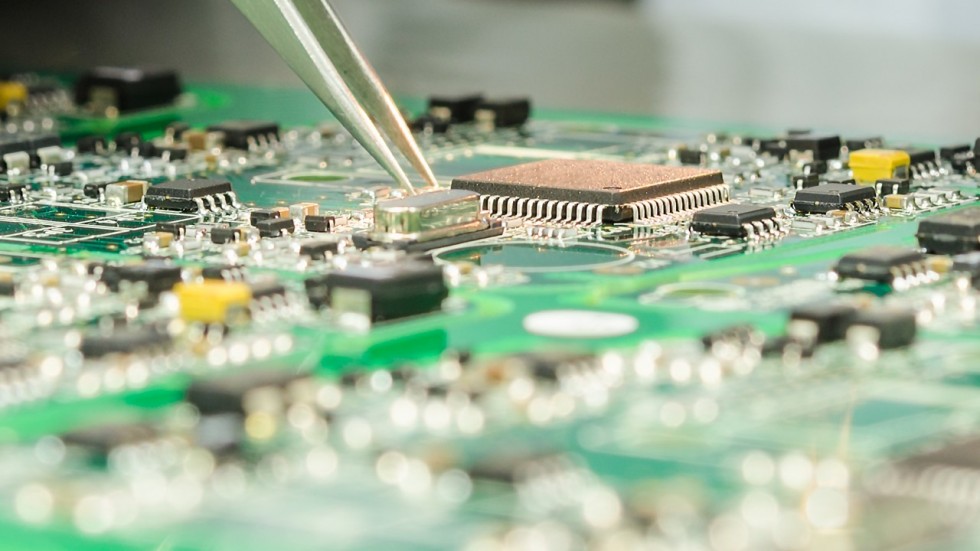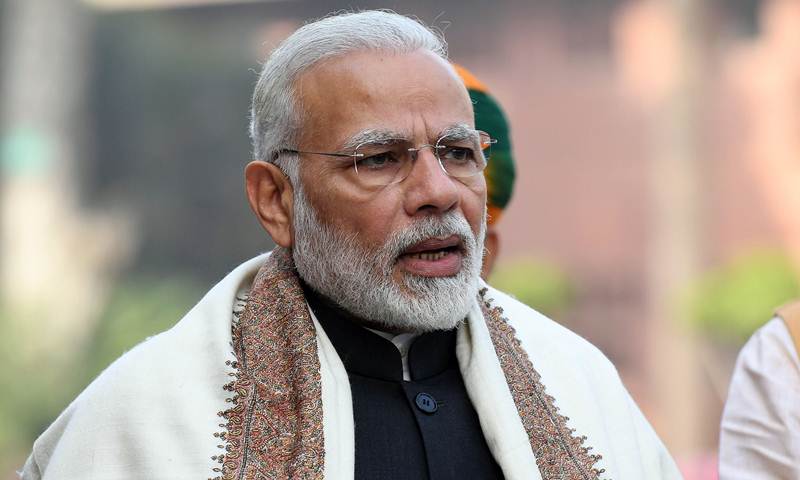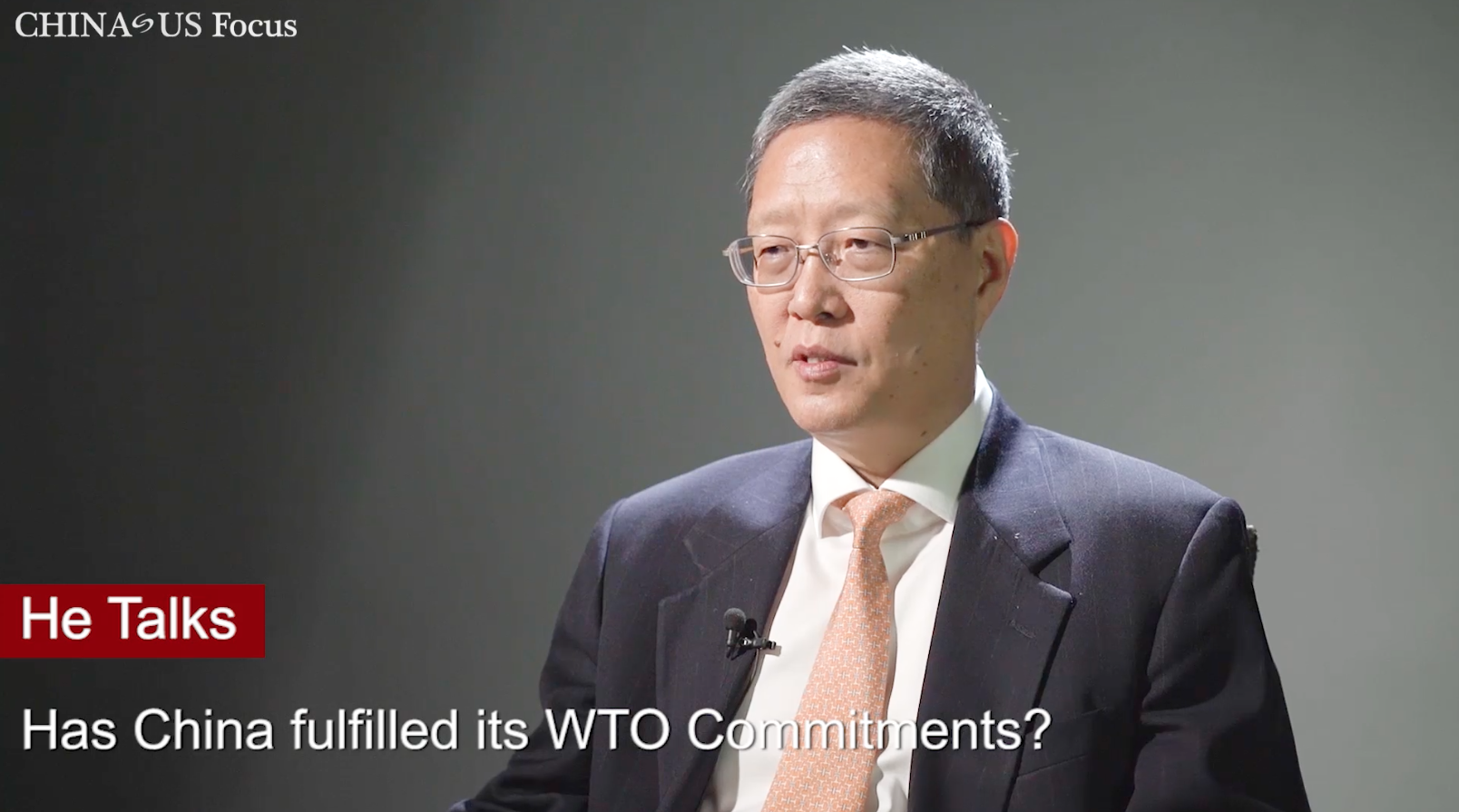
 U.S. Delegation Will Visit China Next Week
U.S. Delegation Will Visit China Next WeekThe Trump administration is sending a delegation of top trade and economic officials to China next week at the request of China's government, President Trump announced this week. The delegation is expected to include U.S. Treasury Secretary Steven Mnuchin, U.S. Trade Representative Robert Lighthizer and the director of the White House's National Economic Council, Larry Kudlow. One of President Trump's trade advisors, Peter Navarro, may also join the group. The South China Morning Post reported that the American officials will likely meet with President Xi Jinping and Vice-President Wang Qishan on May 3 and 4.
The inclusion of multiple American officials represents differences of opinion within the Trump administration on how to handle trade disputes with China, The Wall Street Journal reports. The trade representative, Mr. Lighthizer— who formally initiated the Section 301 investigation into China's trade practices— is considered a hard-liner on trade issues and skeptical of the Chinese government's recently announced moves to open up their markets. On the other hand, Mr. Mnuchin, the treasury secretary, is considered to be more open to negotiations with China to avoid the imposition of steep tariffs.
Several Chinese officials have already visited the U.S. this year to discuss ongoing trade tensions between China and the United States. These meetings have not yet lead to substantial improvements in tensions between the two countries. Vice Premier Liu He, who met with American officials in Washington D.C. in late February, was unable to persuade the U.S. to restart the Comprehensive Economic Dialogue, a channel for negotiation between China and the U.S. on trade disputes that the U.S. suspended last year. However, both governments have expressed their optimism about further negotiations set for next week.
"I think we've got a very good chance of making a deal," President Trump told reporters this week when asked about China during French President Emmanuel Macron's visit to the White House. Chinese officials have not publicly confirmed that an American trade delegation will be traveling to China next week, but the commerce ministry released a statement saying that they have "received information that the U.S. side hopes to come to Beijing to discuss economic and trade issues. China welcomes this."
As He Weiwen notes in an article for China-US Focus, the two sides will have plenty to discuss. The U.S. is reportedly considering tariffs on an extra $100 billion dollars of imports from China, while China has referred the U.S. steel and aluminum tariffs to the World Trade Organization's dispute settlement body. The stakes of next week's meeting will be high, He argues: "The current China-U.S. trade tension is not only a bilateral showdown, still less a tech transfer issue, but a major struggle between unilateral protectionism and multilateral free trade."
 Is a Tech War Looming Between China and the United States?
Is a Tech War Looming Between China and the United States?China and the U.S. may be facing a "looming tech war," commentators have argued, after the fallout following the U.S. government's decision to ban American companies from selling components to ZTE, China's second-largest telecom equipment manufacturer. The company admitted in 2017 to illegally shipping U.S. technologies to banned countries such as Iran and North Korea. The U.S. government alleges that ZTE failed to comply with the terms of an agreement to settle the case, motivating them to impose the ban last week. ZTE relies on American technology for nearly a third of crucial components in its products, including chips. This week, The Wall Street Journal reported that the U.S. Justice Department is also investigating Chinese company Huawei for allegedly violating U.S. sanctions on Iran.
Many in China have interpreted these moves as a signal of China's over-reliance on foreign technology in its high-tech sector. "The move should be regarded as part of the U.S. tactics in its trade friction with China. Targeting technology is like throttling the neck of the Chinese enterprises. It highlights China's weakness in high technology," China Daily wrote in an opinion piece. On Tuesday, President Xi urged China to improve its independent innovation capacity in a speech at the Three Gorges Dam. Alibaba's co-founder, Jack Ma, has also echoed this sentiment: specifically noting China's semiconductor industry, which is much smaller than its American counterpart, as a key area for further development. This industry currently relies on an annual $200 billion of imports from the United States.
In a move to boost China's domestic semiconductor industry, the country launched a ¥140 billion, state-backed semiconductor investment fund, which was already in progress prior to the U.S. government's ban on ZTE. This week, Reuters reported that the fund is close to closing its second investment round, worth ¥120 billion ($18.98 billion.)
Writing for China-US Focus this week, Josephine Wolff argued that the U.S.' government's ban on ZTE may cause unintended negative consequences. "Long term, the United States and many of its semiconductor firms will very likely regret having pushed China into such a lucrative and successful segment of its tech economy," she wrote. "At a moment when the United States is so deeply protective of its semiconductor industry, and so profoundly mistrustful of Chinese tech companies, it's astonishing that they should be so short-sighted."
 Indian Prime Minister Modi Visits China for "Informal Summit" with President Xi
Indian Prime Minister Modi Visits China for "Informal Summit" with President XiIndian Prime Minister Narendra Modi left India for the city of Wuhan, China on Thursday to meet with President Xi Jinping in a two-day summit which will bring together the leaders of the world's two most populous nations. The informal summit was reportedly requested by India with the goal of improving bilateral ties and reviewing Sino-Indian relations from a strategic and long-term perspective, Modi announced in a pre-departure statement. On Thursday, CNN reported that "while the highly anticipated inter-Korean summit will capture much of the world's attention Friday, another equally consequential meeting will unfold in China on the same day, the outcome of which could affect more than a third of the world's population."
The meeting comes just after India refused to express support for China's Belt and Road Initiative at the end of a foreign ministers' meeting of the Shanghai Cooperation Organization on Tuesday in Beijing. Part of the $57 billion China-Pakistan Economic Corridor (CPEC) runs through Pakistan-administered Kashmir, which India considers its own territory, but as Bharath Gopalaswamy argued for China-US Focus, "India's objections go well beyond the CPEC." The country sees the Belt and Road as "basically exclusionary to Indian economic and strategic interests in the region and beyond." Although Indian Foreign Secretary S Jaishankar stated that the informal meeting does not have a set agenda, India's support for the Belt and Road will likely form part of the discussions between the two leaders on Friday and Saturday.
The meeting is a sign that Sino-Indian relations may be thawing after a tense period of military standoffs at the Doklam border last year seriously affected the relationship between the two countries, which share a border in the Himalayas. With Indian elections set for 2019, a friendly relationship with China could prove a domestic win for Modi.
 Has China Fulfilled its WTO Commitments?
Has China Fulfilled its WTO Commitments?China's status at the World Trade Organization (WTO) has been a subject of intense discussion for many years. Late last year, the Trump administration officially notified the WTO that the U.S. opposes granting China market economy status at the WTO, as China-US Focus contributor Dan Steinbock noted. Earlier this month, President Trump tweeted: "China, which is a great economic power, is considered a Developing Nation within the World Trade Organization. They therefore get tremendous perks and advantages, especially over the U.S. Does anybody think this is fair[?]"
In a new interview with China-US Focus, former Chinese diplomat He Yafei discusses China's commitments at the World Trade Organization and argues that China has been "exemplary" in fulfilling its obligations. "I don't see any case whereby China can be accused of not fulfilling the commitments to the WTO. . .There is no reason at all for those advanced nations not to give China the recognition of full market economy status." Watch the full interview on China-US Focus.
Prepared by China-US Focus editorial teams in Hong Kong and New York, this weekly newsletter offers you snap shots of latest trends and developments emerging from China every week, while adding a dose of historical perspective.
- 2018-04-20 China and the U.S. Seek Allies in Trade Dispute
- 2018-04-13 President Xi Reviews the PLA Navy
- 2018-04-06 China and Russia Pledge Military Cooperation in a Signal to the United States
- 2018-03-30 Kim Jong Un Visits Beijing on First Overseas Visit
- 2018-03-23 President Trump Asks for Tariffs on Around $50 Billion Worth of Chinese Imports
- 2018-03-16 Tillerson to be Replaced by Mike Pompeo as Secretary of State
- 2018-03-09 President Trump Agrees to Meet Kim Jong-Un
- 2018-03-02 U.S. Imposes Tariffs on Chinese Aluminum
- 2018-02-23 A Week of Developments Related to North Korea
- 2018-02-16 Cui Tiankai says U.S. Should Not Advocate Confrontational Strategy Towards China
- 2018-02-09 China Releases the “No.1 Central Document” Containing New Rural Policies
- 2018-02-02 Wang Qishan Appointed to the National Legislature
- 2018-01-26 New Edition of the Focus Digest
- 2018-01-19 South Korea and North Korea to Compete Together at the Winter Olympics
- 2018-01-12 U.S. House of Representatives Passes Taiwan Bills
- 2018-01-05 U.S. Rejects Sale of Moneygram to China’s Ant Financial
- 2017-12-22 Trump’s National Security Strategy Labels China a “Revisionist Power”
- 2017-12-15 White House and Secretary of State contradict each other on North Korea talks
- 2017-12-08 China Boasts its Technology Chops at the 4th Annual World Internet Conference
- 2017-12-01 The Future of the China-US Economic Relationship
